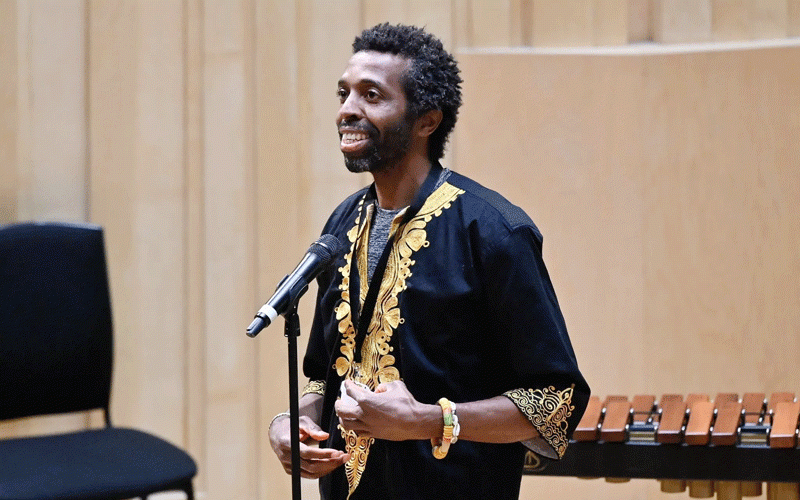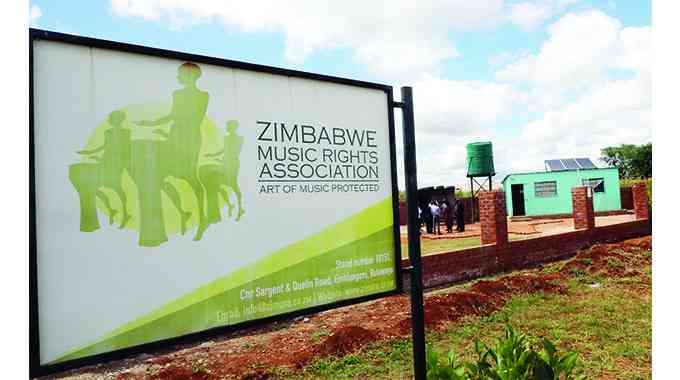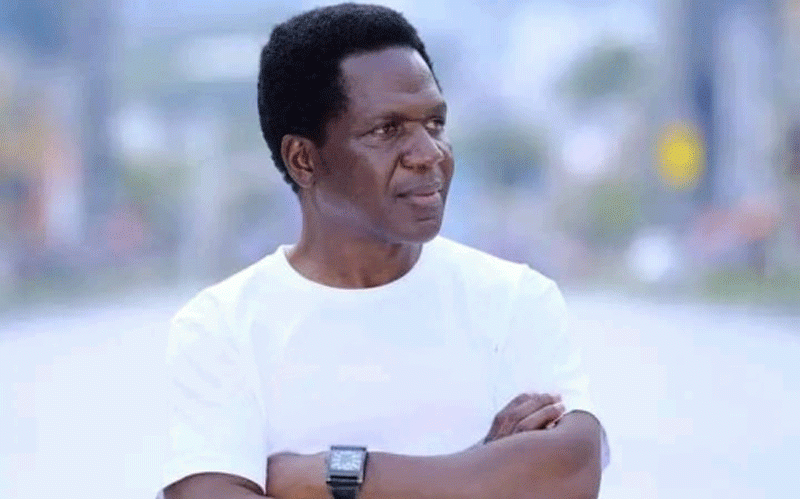
I always introduce myself by my spirit name, Ganyamatope Dzapasi (pictured) — a way of honouring ancestral knowledge and the elders who were my earliest teachers. In academia, this is akin to referencing sources, acknowledging that knowledge is collective.
My spirit name locates me within that collective, while my given name tells the story of an individual.
I am both an educator and creative artist, roles that are deeply intertwined. I lecture in creative practice education under the Unesco chair (RIELA) at the University of Glasgow, and I work in the cultural sector as a playwright, performance poet, storyteller, and mbira player.
I moved to the UK in the late 1990s, driven by the common aspiration among young Zimbabweans to seek a better life “overseas.”
My journey was also shaped by historical ties — elder relatives who migrated in the 1970s welcomed me.
But my initial experience was a shock: The weather, the pace, and especially the Glaswegian accent!
Loneliness, language barriers, and immigration processes added to the challenge. Racism, too, occasionally reared its head.
Living abroad has deepened my appreciation for Zimbabwe’s cultural richness and mystic beauty.
- Zim needs committed leaders to escape political, economic quicksands
- Chicken Inn knockout Harare City
- Ziyambi’s Gukurahundi remarks revealing
- Ngezi stunned by 10-man Herentals in Chibuku Cup
Keep Reading
Raised in a family that valued folklore and education, I now feel an urgency to preserve and share our archive of stories, songs, and rituals - elements we often overlook or practice without reflection.
As a creative, I proudly use my mutupo (ancestral name) in my bio, though formal documents don’t allow it.
My educational work draws from heritage to raise awareness and enrich academia with knowledge systems that differ from conventional Western structures.
I work multilingually, which opens up new perspectives and possibilities in research and performance.
Collaborating with other creatives in music and storytelling continues to deepen my understanding of culture.
I wear traditional clothes - retso, njiti, hanga - bestowed on me by elders.
I have come to see them not as costumes but as expressions of history, design, innovation, and spirituality. Just as we wear clothes from other cultures, I wear mine with pride.
This is part of a broader intercultural experience.
My parents gifted me with curiosity and openness, the ability to witness rather than judge. It’s a powerful thing to change your mind, even about deeply held beliefs.
Curiosity, to me, is the essence of education and intercultural work.
The UK and Zimbabwe share strong connections, rooted in colonial history but evolving through mutual migration, cultural exchange, and education.
Organisations like the British Council, Harare International Literature Festival, and the British Zimbabwe Society foster rich intellectual and cultural dialogue.
Official relations between the two countries are positive, but public perceptions often hinge on information — or misinformation. Migration, a normal human experience, is frequently misunderstood.
As a scholar in migration studies, I see a disconnect between media narratives and academic findings.
Globally, marginalised people often feel threatened by newcomers, compounding tensions. Yet time quietly reshapes these dynamics.
Many children born to Zimbabwean parents in the UK now embody a composite identity, blending British and Zimbabwean heritage.
Similarly, British families with generations in Zimbabwe often identify more with Zimbabwe than anywhere else.
One challenge we face is the unchanging migration narrative - the rush to leave without honest conversations about the realities of migration.
Mental health issues often arise from precarious immigration status, work stress, and family separation.
Integration can be difficult, especially for those without strong social ties. Isolation can lead to negative coping mechanisms, like excessive drinking.
Still, WhatsApp and Western Union have become lifelines. Affordable communication helps us stay connected, share photos, videos, and voice notes.
Remittances play a vital role in livelihoods across Africa. Other services — grocery deliveries, funeral arrangements — are part of the meshwork that connects countries separated by over 8000km.
Improving relations between the UK and Zimbabwe requires education in all its forms.
Zimbabweans sending children abroad need better conversations about the challenges of migration. In the UK, gaps remain in educating young people about empire.
There’s a frustrating lack of awareness about why people from former colonies are here. Events like the Commonwealth Games should be opportunities to expose these entangled histories.
Many have called for changes to the UK curriculum, and I watch closely to see how this evolves.
Like many in the diaspora, I hold onto the romantic notion: “Any day now, I’ll return.”
But realistically, return depends on security for my family and the ability to work in ways that value my expertise. I already contribute to education globally through research, so I know what I can offer.
Yet a cultural shift is needed — one that allows us to hold differing views without conflict. I worry about the erosion of hunhu (shared humanity).
Even in everyday interactions, like driving, insults fly freely. We need to relearn tsika nemagariro - basic manners and social conduct.
Religion is another divider, even within families.
Conviction can make dialogue difficult. I try to listen better and remain open to surprise, because the world is vast and rich with knowledge.
In my work, I think deeply about how we approach intercultural situations — how we can be generous as others struggle to pronounce our names, taste our food, or confront new ideas. As the proverb says, kuwanda huuya — there is abundance in our difference.
*Tawona ganyamatopé Sitholé is lecturer in creative practice education at the University of Glasgow, Scotland. He is also a Unesco chair for Refugee Integration through Education Languages and the Arts
*This column is curated by the British embassy in Harare demonstrating the strong people-to-people relations between the UK and Zimbabwe.











